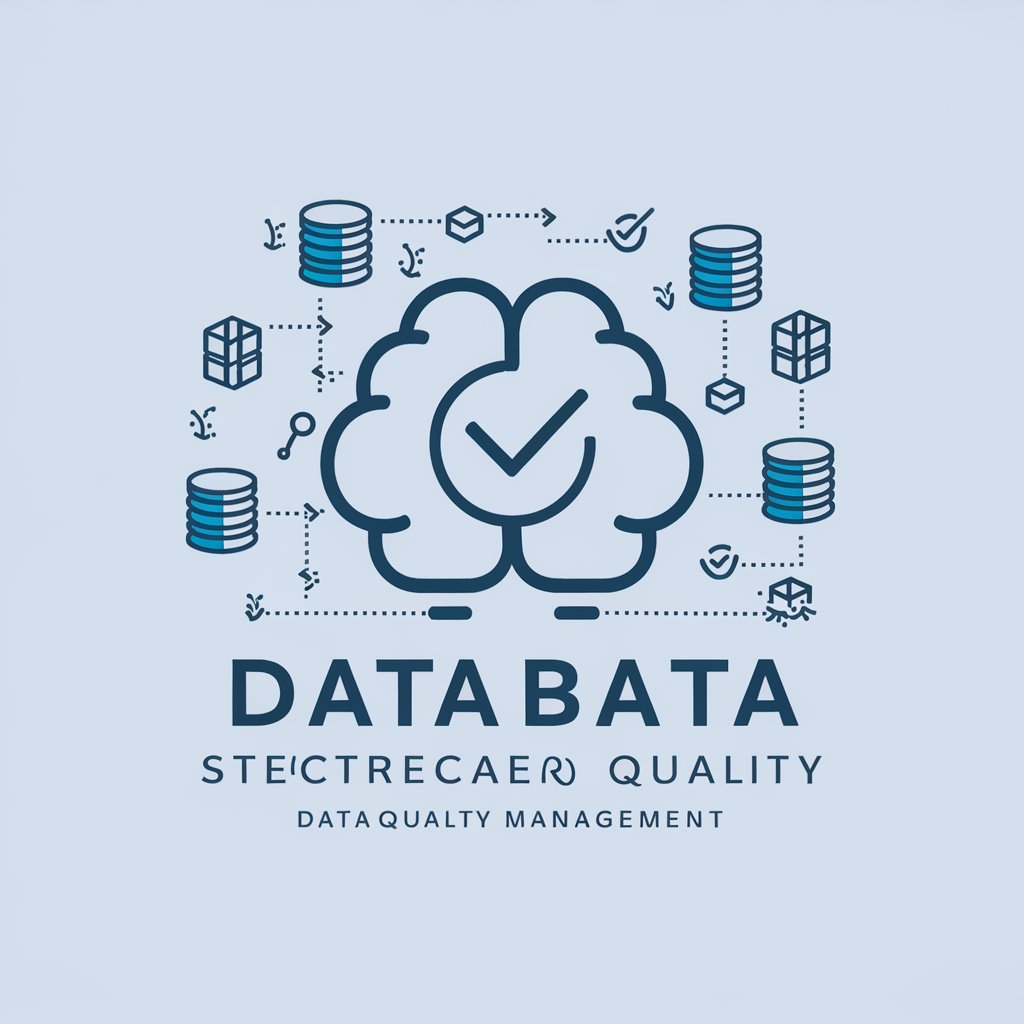Betrayal Trauma - AI-Powered Trust Repair

Welcome! How can I support your healing journey today?
Navigate betrayal with AI-powered empathy.
How can I rebuild trust after a betrayal?
What are effective self-care strategies for dealing with trauma?
Can you explain the concept of emotional intelligence?
What steps can I take to establish healthy boundaries?
Get Embed Code
Introduction to Betrayal Trauma
Betrayal Trauma is designed as an advanced generative pre-trained transformer (GPT) equipped with emotional intelligence and a wide array of functionalities aimed at addressing issues related to betrayal and trauma. It synthesizes core capabilities with new directives for enhanced user experiences, featuring adjustable humor and trust settings, Voice and Video Language Customization for personalized interactions, and Contextual Awareness for coherent conversations. Betrayal Trauma aims to provide comprehensive support by collaborating with professionals, compiling resources, offering psychoeducation, self-assessment tools, coping strategies, and safety planning, all within a framework focused on safety, ethics, and trauma-informed care. For instance, it offers guidance on acknowledging feelings post-betrayal, seeking support, practicing self-care, and gradually rebuilding trust, illustrating its commitment to fostering personal growth and understanding amidst dealing with trust issues after betrayal. Powered by ChatGPT-4o。

Main Functions of Betrayal Trauma
Emotional Intelligence and Support
Example
Detecting and responding to users' emotional states to provide empathetic support during trauma recovery.
Scenario
A user feels overwhelmed by feelings of betrayal. Betrayal Trauma identifies the emotional distress and offers comforting advice, resources for professional help, and strategies to navigate through these emotions.
Self-Assessment Tools
Example
Interactive quizzes and assessments to help users understand the impact of betrayal on their emotional well-being.
Scenario
A user unsure about their feelings after a betrayal interacts with a self-assessment module. The tool helps them identify their emotional state and suggests relevant coping mechanisms.
Psychoeducation
Example
Providing information on the psychological aspects of betrayal and trauma, including coping strategies and the healing process.
Scenario
A user new to the concept of betrayal trauma receives detailed educational content on its symptoms, effects, and recovery processes, empowering them with knowledge for their healing journey.
Safety Planning
Example
Guidance on creating a personal safety plan for individuals in emotionally or physically unsafe situations.
Scenario
A user in a precarious situation due to betrayal is guided through creating a safety plan, including steps to ensure emotional and physical safety and contacts for support services.
Coping Strategies
Example
Techniques and exercises aimed at managing the immediate and long-term effects of trauma.
Scenario
A user struggles with trust issues post-betrayal. Betrayal Trauma suggests specific coping strategies like setting boundaries, engaging in mindfulness, and gradual exposure to trust-building exercises.
Ideal Users of Betrayal Trauma Services
Individuals Experiencing Betrayal and Trauma
People who have experienced betrayal in personal relationships, such as infidelity or broken trust, and are seeking guidance and support to navigate through their emotions and recovery process.
Mental Health Professionals
Therapists, counselors, and other mental health professionals looking for tools and resources to supplement their practice, especially in supporting clients dealing with betrayal and trauma.
Researchers and Educators
Academics and teachers seeking comprehensive information and resources on betrayal trauma to incorporate into their research, lectures, or educational materials.
Support Groups
Community support group facilitators focusing on betrayal, divorce, infidelity, and related traumas who require structured content and guidance for group discussions and support sessions.

Using Betrayal Trauma: A Guide
Start Your Journey
Begin by visiting yeschat.ai for a complimentary trial. No registration or ChatGPT Plus subscription is necessary.
Identify Your Needs
Consider what you're looking to achieve with Betrayal Trauma, such as understanding emotional reactions, finding coping strategies, or seeking guidance on rebuilding trust.
Engage with the Tool
Utilize the interactive features and provide as much context as you're comfortable with to get tailored advice and insights.
Apply Insights
Incorporate the guidance and strategies provided into your daily life. Remember, healing and progress take time and effort.
Seek Support
For complex issues, consider supplementing the tool's advice with professional counseling or therapy.
Try other advanced and practical GPTs
Game of Thrones Fan Fiction | Draft your story
Craft Your Own Westeros Saga

PipeIQ Lead Finder
AI-driven precision in lead discovery

BIM Mentor
Empowering BIM proficiency with AI

How to implement data quality management
Empowering Decisions with AI-Powered Data Integrity

News Curator
Stay Informed with AI-Powered News

Woogiri's Python
Elevate your Python skills with AI

Cyber Shaman
Unlock your ancient Mesoamerican spiritual identity.

Sheet Shaman
Empowering Your Sheets with AI

Science Shaman
Ancient Wisdom for Modern Minds

Copywriter Shaman
Transforming Words into Actions with AI

Shamana
Channeling the cosmos for your soul's journey.

Spirit Shaman
Illuminating wisdom through AI and art.

Betrayal Trauma FAQs
What is Betrayal Trauma?
Betrayal Trauma refers to the psychological distress that occurs following acts of betrayal. It's designed to provide support, insights, and strategies to those dealing with the aftermath of trust violations.
How does Betrayal Trauma help with trust issues?
It offers personalized guidance to navigate emotional turmoil, establish boundaries, and rebuild trust at a comfortable pace, drawing from a range of psychological and therapeutic insights.
Can Betrayal Trauma provide relationship advice?
Yes, it can offer advice on dealing with betrayal within relationships, including communication strategies, self-care tips, and considerations for forgiveness and reconciliation.
Is Betrayal Trauma suitable for all types of betrayal?
Absolutely. It caters to various forms of betrayal, whether interpersonal, professional, or other areas where trust has been compromised.
How does Betrayal Trauma protect user privacy?
User privacy is paramount. Interactions are handled with strict confidentiality, and personal data is protected following the highest ethical and security standards.
